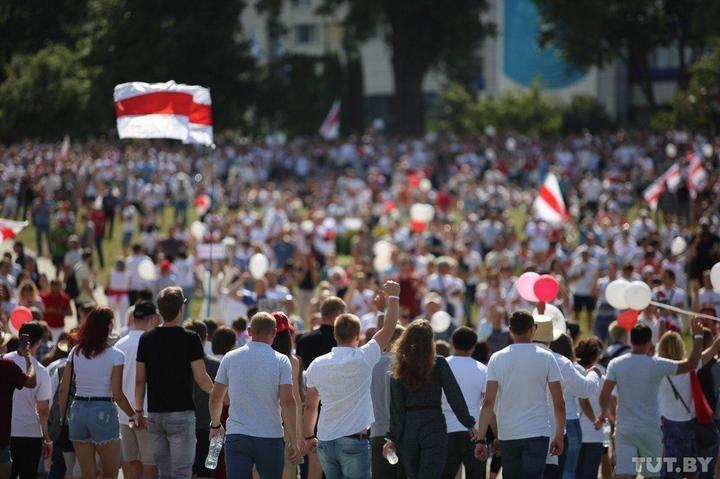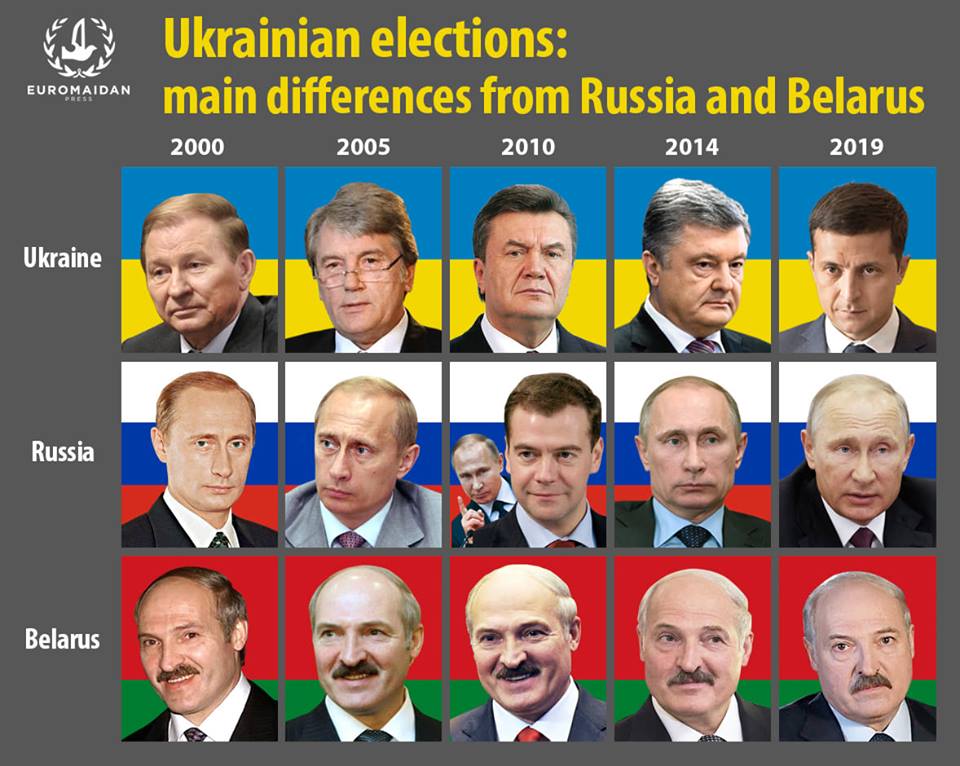In January 1992, Moscow told Estonia that henceforth, the Baltic nation would have to pay Russia world prices for oil and gas and do so in hard currency. Tallinn did not have the hard currency to do so; and if it had to pay world prices, why would it ever buy petroleum from Russia?
The next six months were very hard for Estonians; but thanks to their belief that independence was more important than low gas prices and to help in the first instance of Finland and Sweden, Estonia survived – and by the end of that period, it had separated itself from Moscow’s dominance, become part of the Western economy, and began its success story.
The Russian government never made that mistake again, not under Yeltsin and not under Putin. Instead, it has used concessionary prices for oil and gas to try to hold all the former Soviet republics and the two other formerly occupied Baltic countries under its thumb by holding out the promise of low fuel prices, something populist politicians find it hard to reject.
And it should have come to no one’s surprise that the Kremlin would try it again even with regard to Ukraine which it has invaded, annexed part of the territory of, and is still waging war against.
Last week, Russian Prime Minister Dmitry Medvedev and Aleksey Miller of Gazprom
met with Yury Boyko, an “Opposition Platform” candidate for president of Ukraine, and told him that Moscow was ready to extend the gas transit program with Ukraine, cut the price of gas for Ukrainians at least 25 percent, and enter into a consortium with Kyiv to manage the flow.
Vitaly Portnikov points out that this program is intended to lead to “the Belarusianization
of Ukraine” by the same “hybrid” means Moscow has used elsewhere, giving populist politicians something they and the population and thus allowing Russia take control of the country.
This is exactly the strategy Moscow used earlier with Alyaksandr Lukashenka of Belarus. To boost Lukashenka’s standing with the population, the Ukrainian commentator says, Moscow offered low fuel prices and high earnings from transit – but then took control of the pipeline and thus gained control of Lukashenka and Belarus.
The Russian government was able to do this because the paternalistic policies Lukashenka favored could only be carried out with Soviet-styled subsidized fuel prices.
“At first glance,” he continues, the Belarusian and Ukrainian situations appear to be entirely different: At the time of the Belarusian deal, Minsk was already a “privileged ally of Russia.” The same can hardly be said of Ukraine against which Moscow is waging an undeclared war.
“But on the other hand,” he continues, Ukraine today faces enormous losses if Moscow exports gas bypassing Ukraine and its economy is not so vibrant or so integrated into the West that its people and populist politicians seeking to appeal to them aren’t going to find it easy to avoid falling victim to such temptations.
To make the deal more acceptable to them under the circumstances, Moscow is proposing to Ukraine not Russian control of the pipeline but rather a consortium, but that is a fig leaf that Moscow can be counted on to tear away at the first opportunity given the dependency relationship it is creating, Portnikov argues.
All too often the Kremlin’s strategy has worked.
But people always have a choice if they are certain that “independence from Russia is more important than gas prices,” Portnikov says. And in Ukraine today, there are as before a large number of such people. That has blocked Moscow in the past and should be enough to block it in the future.
But Moscow, which rarely gives up on a strategy that has worked before, can be counted on to keep trying.
Read More:
- Belarusian TV: 49% of prime-time content is Russian-made
- Black Sea gas deposits – an overlooked reason for Russia’s occupation of Crimea
- The secret Soviet council which established the Kremlin’s gas monopoly on Europe
- Nordstream2 opens road for Russian offensive in Ukraine, subjects EU to gas wars – Energy panel at Kyiv Security Forum
- Putin winning support from far right as well as far left with custom-targeted propaganda, Eidman says
- Two important results of Ukraine’s ban of VKontakte Russian social network
- Two Ukrainian TV channels push Russian propaganda amid presidential election: report
- Three reasons why a comedian should not be president of Ukraine
- Kremlin readying a return to totalitarianism, Ponomaryev and Ikhlov say
- Pollsters say Zelenskyy leads in Ukraine’s presidential race. Bookies lean towards Poroshenko
- Portnikov: Is Crimea Ukraine’s Sudetenland?





